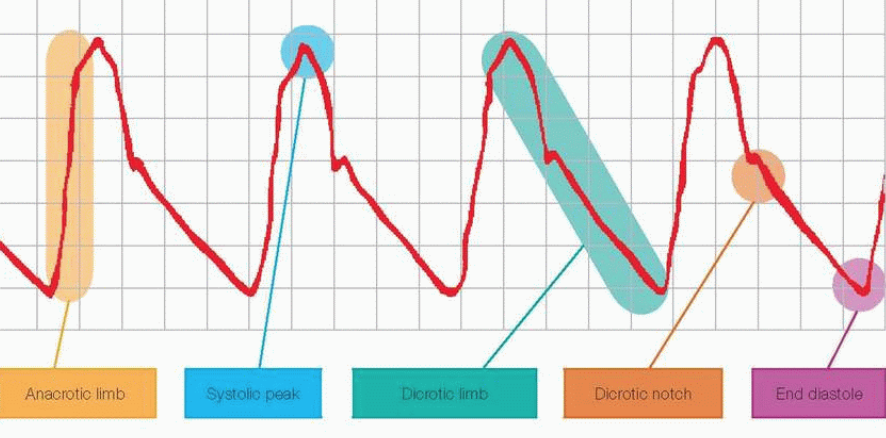UCLA’s Maxime Cannessonhas developed an algorithm that, in a recent study, predicted an intraoperative hypotensive event 15 minutes before it occurred in 84 percent of cases, 10 minutes before in 84 percent of cases, and five minutes before in 87 percent of cases.
The goal is early identification and treatment, to prevent complications, such as postoperative heart attack, acute kidney injury, or death.
The algorithm is based on recordings of the increase and decrease of blood pressure in the arteries during a heartbeat—including episodes of hypotension. For each heartbeat, the researchers were able to derive 3,022 individual features from the arterial pressure waveforms, producing more than 2.6 million bits of information. They then identified which of the features—when they happen together and at the same time—predict hypotension.
Cannesson said that the research “opens the door to the application of these techniques to many other physiological signals, such as EKG for cardiac arrhythmia prediction or EEG for brain function” and “could lead to a whole new field of investigation in clinical and physiological sciences and reshape our understanding of human physiology.”
Join ApplySci at the 9th Wearable Tech + Digital Health + Neurotech Bostonconference on September 24, 2018 at the MIT Media Lab. Speakers include: Rudy Tanzi– Mary Lou Jepsen– George Church– Roz Picard– Nathan Intrator– Keith Johnson– Juan Enriquez– John Mattison– Roozbeh Ghaffari– Poppy Crum – Phillip Alvelda –Marom Bikson
REGISTRATIONRATES INCREASE FRIDAY, JUNE 15TH
